The history of the word ‘offend’, from the Latin offendere, to hit, attack, injure, is a revealing one. From its starting point in physical violence to transgression against God in the Middle Ages, today ‘offence’, understood as displeasure or upset, is seemingly everywhere. The word may no longer refer to direct physical harm, but culture of all kinds, from artworks to comedy to literature to music, seems to have an upsetting quality to some. Words, we are told, are ‘violence’, images are hurtful, differing opinions are dangerous and must be suppressed. Even silence is ‘violence’, as this year’s Black Lives Matter protests reminded us.
Social media has undoubtedly encouraged this fantasy slippage from physical to moral or mental harm. By short–circuiting the gap between the individual and the world, the internet has generated new kinds of sensitivities as well as new modes of punishment. You wrote an offensive tweet? It’s very easy to find out where you work and ensure your employer is pressured into firing you.
There is a grim kind of horizontalism at work: everyone is plugged into the same platforms. If you are so inclined, it is entirely possible to find someone or something to be offended by whenever you feel like it. If you are feeling sadistic, you can easily indulge your desire by hounding, mobbing and snitching. It’s all the more delicious if you can say this is in the name of the ‘good’ because you, or someone else, or a group, has been somehow ‘offended’.
Arts institutions which really, as flag-bearers of free expression, should be exhibiting much more courage, have become afraid of offending real or imaginary members of the public. The past few months have seen major institutions postpone a Philip Guston retrospective for fear of his Ku Klux Klan images appearing insensitive; the Prado has come in for serious criticism over an exhibition of women’s art deemed inappropriately feminist; and many places have quietly acquiesced to having their statues vandalized or toppled. Some female professors, such as Selina Todd at Oxford, lecture with security guards because daring to defend the reality of female existence in history is deemed offensive by trans activists.
In the second half of the 20th century artists were more used to being criticised and attacked from the right. The ‘immorality’ of homosexual art and artists was often excoriated by Christian ministers and politicians. Art that addressed sexual liberation was frequently scorned. We still see flashes of this earlier mode of censorship in, for example, the removal last year from the Polish National Museum of Polish artist Natalia LL’s 1970s video work ‘Consumer Art’, which features a woman joyfully and salaciously eating a banana. The recent utterly abhorrent beheading of a French teacher for using a Charlie Hebdo cartoon of Muhammed in class should also serve as a serious, and unforgettable, reminder of the extent to which religious extremists attempt to control what can and can’t be seen and spoken. Yet today, the pendulum of offence has largely swung to the left, with its pantheon of sacrilegious ‘isms’ and ‘phobias’.
Into this turbulent fray steps Irvine Welsh, Scottish author of several controversial and extremely successful, novels, with his new Sky Arts documentary Offended. Welsh has, he notes, long had a reputation for causing literary offence. Police raided bookshops to remove posters promoting 1998’s Filth, and 1993’s Trainspottingwas removed from the Booker Prize shortlist after two female judges protested. ‘This made me extremely happy,’ Welsh says in the film, suspecting class was at the root of their displeasure.
Yet Welsh is today rather worried. His documentary opens with him wondering whether we are more offended ‘than ever’. Speaking to a range of artists, comedians, art historians, musicians and writers, he attempts to understand the current climate in which people ‘denigrate rather than discourse’ with those they disagree with.
Jake Chapman, one half of the Chapman Brothers, is famous for defacing Goya drawings with clown faces, creating war scenes featuring Ronald McDonald, Nazis and the Ku Klux Klan, exhibiting inchoate sexualised child sculptures and, in 2008’s ‘If Hitler Had Been a Hippy How Happy Would We Be’, buying a load of Hitler watercolours and painting rainbows on them, drawing the ire of both neo-Nazis and Jewish organisations. He suggests that offence is often taken on behalf of someone else. Journalists who describe their work this way are often, Chapman says, keen to assure him that it is not they who are taking offence, but rather unnamed others. ‘Who’s really offended by a work of art?’ he asks, further suggesting that attempting to cancel someone else is often about deflection, covering up ‘the dark underbelly’ of what the canceller is ‘really up to’.
In the doc, Welsh seems, at times, understandably bewildered, trying to navigate the Year Zero conditions for cultural production in which, as comedian Andrew Doyle, creator of parodic woke zealot Titania McGrath, points out, artists are self-censoring on an unprecedented scale.
In my own interview with Welsh, he says he thinks humanity is divided into two kinds of people, regardless of political allegiance. ‘It’s a whole system of paranoia,’ he says. ‘We’re all members of the Stasi now. We can all become oppressors or victims within seconds. It’s to do with fundamental changes in technology and the economy. There are basically people who believe in freedom and people who believe in being controlled. Whether on the right or on the left, they want to be told what to do.
‘I think it’s because there is a notion that we’re in this potential extinction… We look at the population changes, and zero growth, you’ve got a whole generation of kids who are going to be poorer than their parents… When people are frightened they always look for an authority figure, even if they’re an idiot. Stupid people are always certain. People feel this need for someone to tell them what to do. I can’t control anything but maybe this idiot with a bit of power knows what to do.’
The desire for control, Welsh argues, stems from the fact that society, trade unions and democracy have been hollowed out. ‘We’re manufacturing drama in order to avoid the real dramas that are out there. All this concern with identity politics, this idea that we can control this element of life when actually we can control fuck all.’
Cancel culture is not new. There have always been waves of repression and restriction on artistic and cultural expression, often violently enforced. Perhaps culture in the second half of the 20th century will turn out to be anomalous in its range, experimentation and dynamism. Welsh talks about a ‘post-cultural society’ that has become unable to comprehend nuance, that takes everything literally. Works about misogyny and racism, say, are misunderstood as being misogynistic and racist. The speaker or the actor is no longer separable from his or her character or words. Quoted examples of ‘hate speech’ are understood to be direct assertions by the speaker. Like everyone else, artists are often ‘standing around in the dark but you’re hoping to find a light switch. You’re dealing in these issues not to close down debate but to open it up, to find a way through all this’.
Welsh jokes that his ‘safe space’ is the pub, where dialogue and playfulness are given free rein, unlike the paranoid online world. ‘I think the most creative thing right now is to get off social media,’ says one of his interviewees, musician M.I.A. She has a point.
Is fiction next, Welsh wonders? Nadifa Mohamed, speaking to some extent from the standpoint of the contemporary censorious position, explains why authors should take much more ‘care’ in representing unpalatable viewpoints: ‘Some people are being hurt more than others. And some people are being ignored more than others.’
Culture in this view has a duty to ensure the feelings of people already down on their luck are not further crushed. But when the middle classes in particular are clambering over each other to demonstrate how oppressed they are, or seeking to defend voiceless others (whether they want their support or not), this can only lead to excessive artistic trepidation and increasingly fractious battles over who makes the best victim.
After plague, a renaissance. After all the restrictions, now would be an excellent time for artists, writers, musicians and cultural institutes of all kinds to be bold. Someone can always say they are ‘offended’ — is it even true half the time or do people just want, as Welsh suggests, to feel a momentary sense of control? — but excellent work will always transcend the mores of the moment, particularly (hopefully) when they are as stupid as the ones that dominate today.
Got something to add? Join the discussion and comment below.
Get 10 issues for just $10
Subscribe to The Spectator Australia today for the next 10 magazine issues, plus full online access, for just $10.
Offended by Irvine Welsh will air on Sky Arts on 17 November.
You might disagree with half of it, but you’ll enjoy reading all of it. Try your first month for free, then just $2 a week for the remainder of your first year.

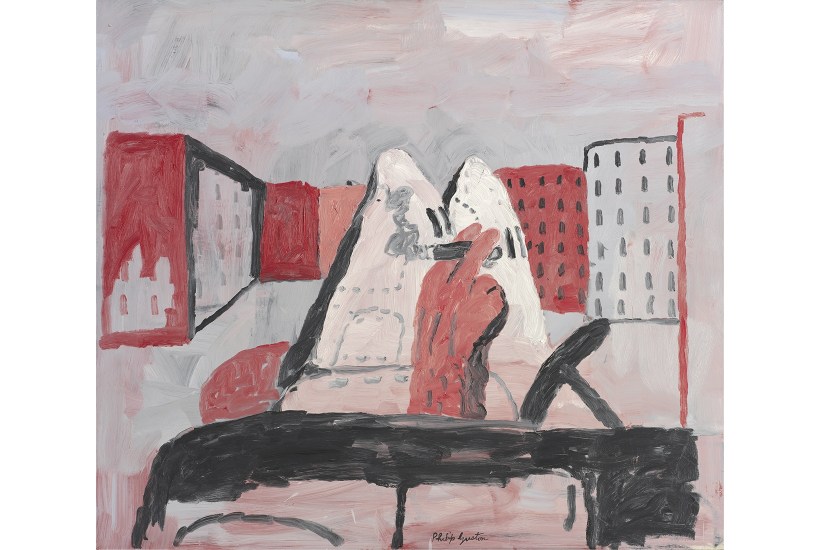
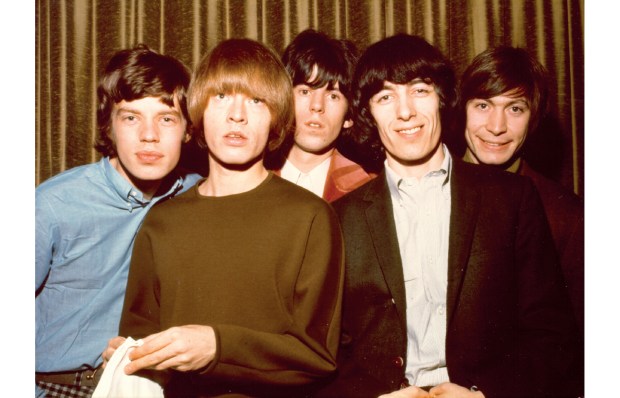
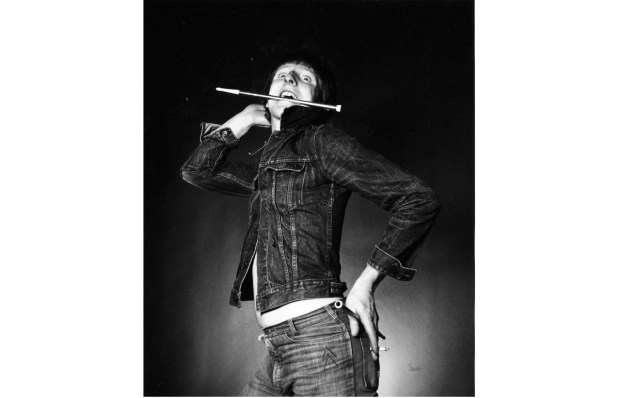
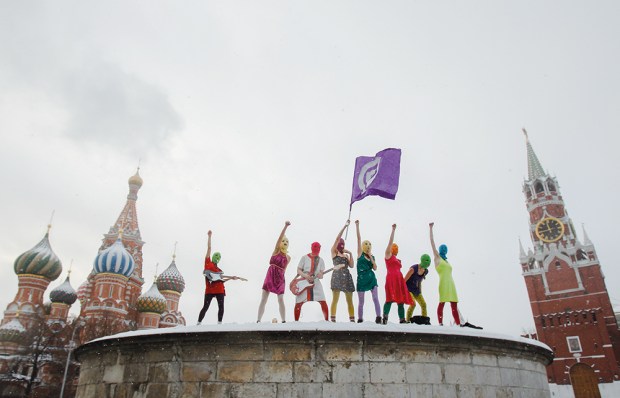
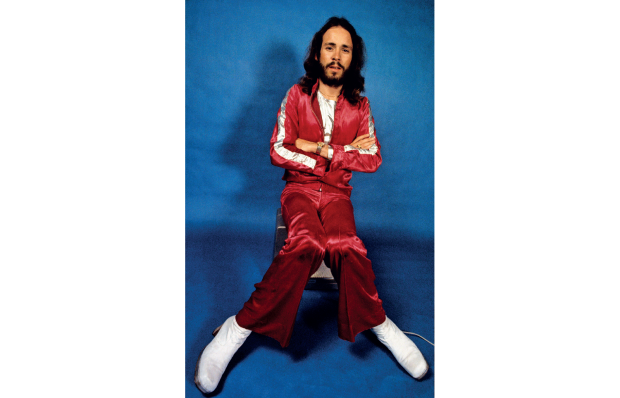
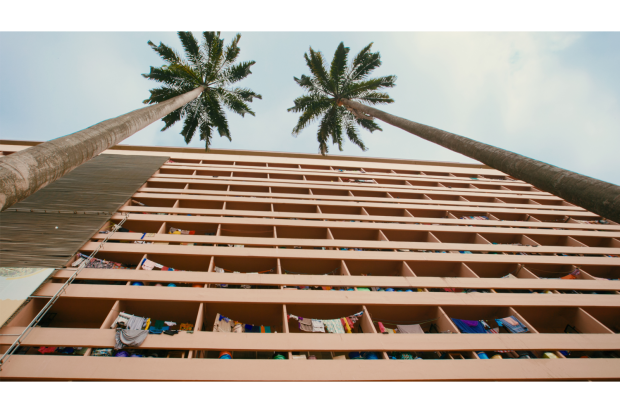
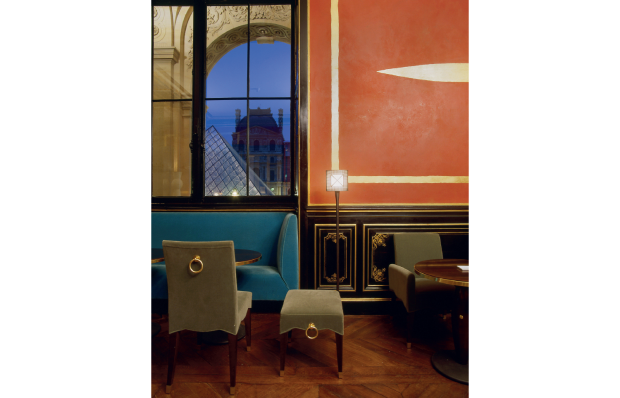






Comments
Don't miss out
Join the conversation with other Spectator Australia readers. Subscribe to leave a comment.
SUBSCRIBEAlready a subscriber? Log in